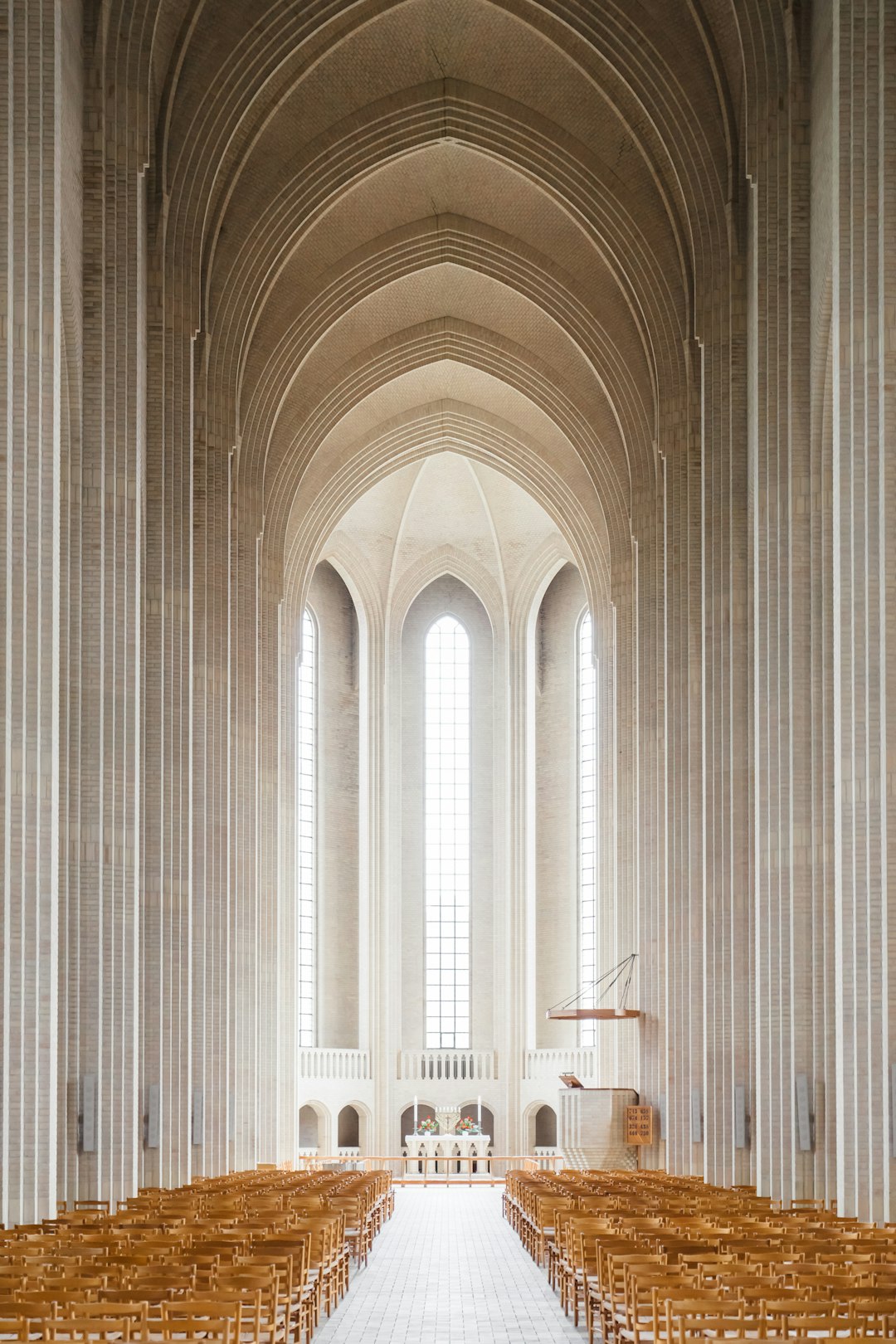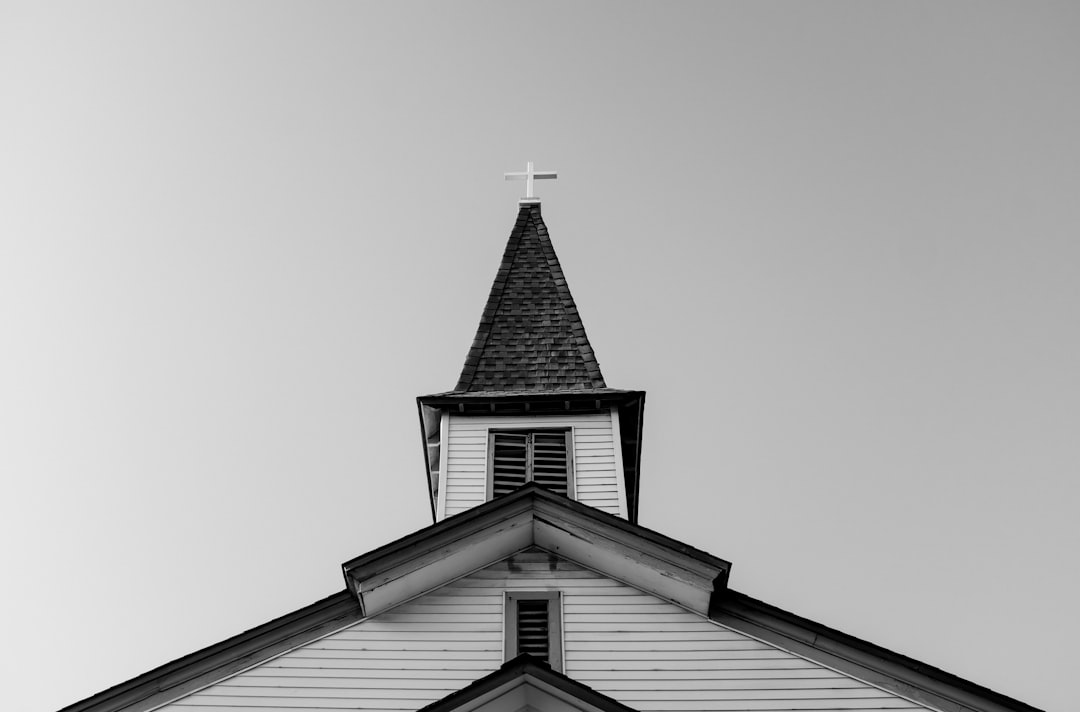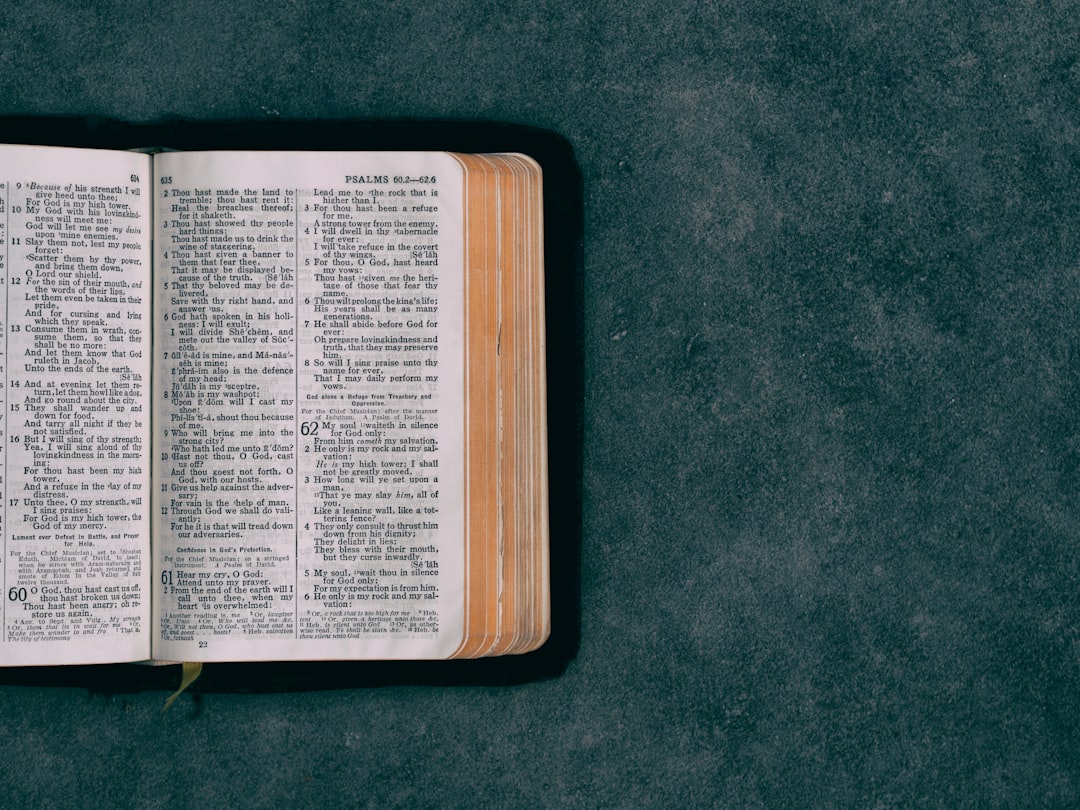Victims of clergy sexual assault in Denver, Colorado, can find critical support from specialized clergy abuse law firms. These firms provide legal expertise tailored to the unique challenges of religious institutions, ensuring survivors' rights are protected. They offer comprehensive assistance, from counseling and investigations to court representation, aiming for justice, emotional healing, and systemic change within religious communities. For Denver residents seeking help, connecting with a clergy abuse law firm in Denver CO is a vital step towards recovery and reform.
In Denver, Colorado, the issue of church sexual assault has gained significant attention, underscoring the need for understanding and legal support. This article delves into the complex landscape of clergy abuse, exploring its legal ramifications in detail. We guide survivors through the process of seeking justice, emphasizing crucial steps to take after an incident. Additionally, we highlight the essential role a specialized clergy abuse law firm in Denver, CO, plays in advocating for victims and ensuring accountability.
Understanding Clergy Abuse and Its Legal Ramifications in Denver, CO
In Denver, Colorado, clergy abuse is a serious issue that demands attention and legal expertise. When individuals experience sexual assault or harassment within religious institutions, it’s crucial to understand the complex web of legal ramifications. Many victims face unique challenges when pursuing justice due to the sensitive nature of these cases and the power dynamics involved between clergy members and congregants. A specialized clergy abuse law firm in Denver CO is equipped to navigate these complexities and provide much-needed assistance.
These legal professionals have the expertise to handle sensitive cases involving religious organizations, ensuring that victims’ rights are protected. They understand the specific laws and regulations related to clergy abuse in Colorado, which can vary from state to state. By engaging such a firm, survivors can expect comprehensive support throughout the legal process, including counseling, investigation, and representation in court, if necessary.
Navigating the Process: Steps to Take After a Church Sexual Assault
Navigating the aftermath of a church sexual assault can be emotionally taxing, but there are steps to take to ensure justice and support. If you or someone close to you has experienced clerical sexual abuse in Denver, CO, it’s crucial to reach out for professional help. The first step is to contact a trusted clergy abuse law firm in Denver CO that specializes in handling such cases sensitively and discreetly. They can guide you through the legal process, ensuring your rights are protected.
After consulting with a lawyer, gather evidence, document details of the incident(s), and seek medical attention if necessary. This includes preserving any messages, emails, or other communications related to the abuse. Next, consider connecting with support groups or counseling services tailored for survivors of sexual assault. These resources can provide emotional healing and legal advocacy as you move forward.
The Role of a Clergy Abuse Law Firm in Denver, CO: Your Allies in Justice
When facing the aftermath of clerical sexual assault in Denver, Colorado, victims need allies who understand both the legal complexities and the emotional weight of their experiences. This is where a clergy abuse law firm steps in as a beacon of justice. These specialized legal practices are dedicated to supporting individuals who have suffered at the hands of religious leaders. They offer expertise tailored to the unique challenges presented by these cases, ensuring victims receive fair compensation and closure.
A Denver-based clergy abuse law firm provides a safe space for survivors to share their stories while navigating the legal process. Their goal is not merely to secure financial restitution but also to hold perpetrators accountable and prevent future instances of abuse. Through strategic litigation, they advocate for systemic changes within religious institutions, fostering an environment where safety and respect are prioritized above all else.




